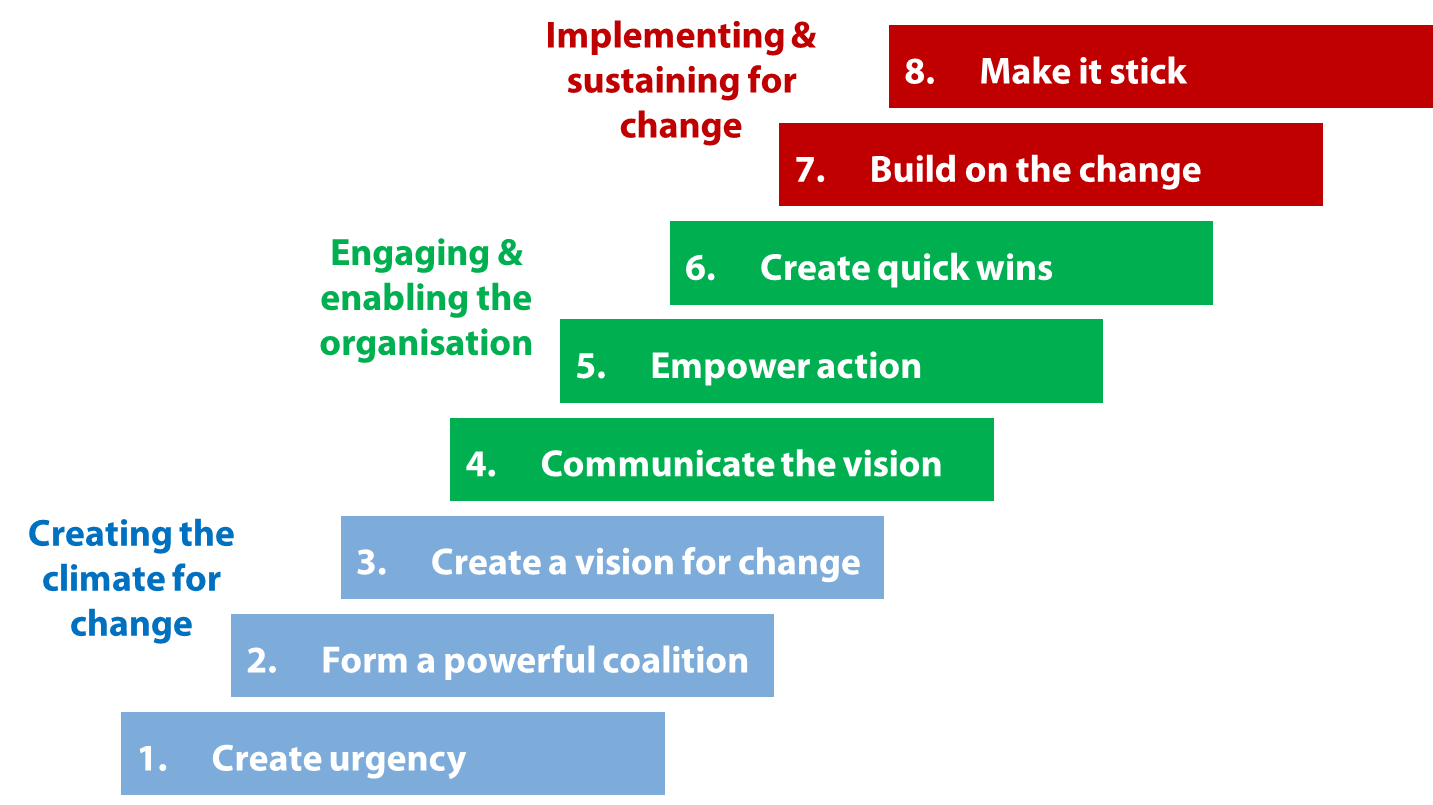Case study: In scoping programmes, is using the “T” word a constraint to successful delivery?
Ian Clark, Department for Work & Pensions, Programme Manager
For the last 15 years, Ian has been delivering a range of Projects and Programmes within the Department of Work and Pensions [DWP]. His current role is leading the Scottish Devolution Programme, part of the wider UK Government Programme within DWP, to transfer delivery to devolved administrations.
Prior to that Ian led change in the State Pensions portfolio, where he was responsible for the delivery of a wide portfolio of change projects. This ranged from small business change working with a range of Other Government Departments [OGDs] and external partners, such as Post Office, Local Authorities, HMRC etc. to major business transformation programmes. For example, the Pensions Transformation Programme where he introduced Scanning and electronic document handling, in addition to new Customer Account management IT systems.
Most recently, Ian led the delivery of the new State Pension and changes to State Pension age, two of the biggest welfare reform changes DWP has delivered. Ian is a High-Risk Project IPA reviewer, a graduate of the MPLA and APM qualified.
Introduction
I first saw Ian speak at a Major Projects Association event in April 2017 and was impressed by his grounded delivery. As a programme director for some of the UKs largest service transformation programmes which includes ‘Auto Enrolment – Workplace Pensions’ and ‘The new State Pension’ Ian has a remarkedly calm exterior which exudes confidence.
It must be said that Ian’s presentation had as much to do with change as it did with benefits. Change is not easy and transformational change is just plain difficult! The more we know and learn about change the better. There are many change management training courses but there is no substitute for experience.
The challenges faced by large-scale transformational change
Ian described the challenges in identifying benefits of such large-scale transformation programmes and explained that in many cases benefits will not be realised for many tens of years. The main challenges presented on such programmes include gaining the support from stakeholders who will not gain personal recognition for the realised downstream benefits and developing the capability to evidence and measure the realisation of benefits so far out in time. Ian pointed out that the average time in post for a CEO is six years i.e. they would not be in post long enough to be accountable for the success or failure of such long term transformational projects.  As an example of long-term realisation of benefits Ian cited the case of the ‘Universal Credit’ which will not deliver benefits for fifteen years. It had been embarked upon as a five-year programme but this programme did not follow Kotter’s eight stage change model and missed out the first two stages resulting in a twelve-year programme of change.
As an example of long-term realisation of benefits Ian cited the case of the ‘Universal Credit’ which will not deliver benefits for fifteen years. It had been embarked upon as a five-year programme but this programme did not follow Kotter’s eight stage change model and missed out the first two stages resulting in a twelve-year programme of change.
Ian’s reference to Kotter resonated well with me as, when all is said and done, the people side of change cannot be overlooked. Those funding, managing or impacted by change must understand why it is necessary and be involved in process of change. The key message here is that imposing change on people without involving them in the change process is asking for problems to surface down the change lifecycle.
The new State Pension was indeed a transformation programme but Ian asked those in the room whether they felt transformed. There were distinct transformational aspects to this programme but the chosen method of implementation and the period over which the changes impact people masked the transformational nature of the programme.
Recognising two different styles of leadership
Ian described two different styles of leadership associated with transformational change. One related to the use of programmes to effect change and the other to the need for people and organisations to adapt to the changes and incorporate them into a new ‘business as usual’ way of working. The programmes he has been involved had elements of both.
They were, at the same time, programmes involving significant changes to DWP infrastructure and changes to the way that people worked inside DWP. He emphasised the fact that, in effect, all UK citizens were his customers and the success of his programmes was contingent on achieving changes in behaviour of the general public.
Ian posed the question of Agile was in fact a faster way to effect change in all cases. He suggested that organisations had to reform before they attempted to transform. When we reform something, we make it better. We improve on what we already do based upon the evidence in front of us. When we transform, by definition, we effect radical change.
A key message from Ian is ‘don’t expect to change it all in one day’.
To conclude
Ian pointed out something that had held him in good stead over the years. You can only change three things; people, process and technology. Attempt to change one or two at the same time and you might succeed. Attempt to change all three and you will fail!
He reminded us to be clear about the nature of the change we are trying to bring about. Is the change transformational or is simply trying to make something better? The style of leadership required will differ according to which it is.
In Ian’s opinion change really does need a burning platform. It really is key to the success of a change programme to achieve, as Kotter puts it, a sense of urgency!

Ian Clark, Department for Work & Pensions, Programme Manager
For the last 15 years, Ian has been delivering a range of Projects and Programmes within the DWP. His current role is leading the Scottish Devolution Programme, part of the wider UK Government Programme within DWP to devolve delivery to the devolved administrations.
Prior to that Ian led change in the State Pensions portfolio, where he was responsible for the delivery of a wide portfolio of change projects ranging from small business change working with the a range of OGDs and external partners (Post Office, Local Authorities, HMRC etc.) to major business transformation programmes such as Pensions Transformation Programme where he introduced Scanning and electronic document handling and new Customer Account management IT systems.
Most recently, Ian led the delivery of the new State Pension and the changes to State Pension age, two of the biggest welfare reform changes DWP has delivered.
Ian is a High Risk Project IPA reviewer, a graduate of the MPLA and APM qualified.
Write up by Neil White
Benefits Management SIG Chair
Ian Clark: Mindmap
Back to Benefits Summit 2017 mainpage
